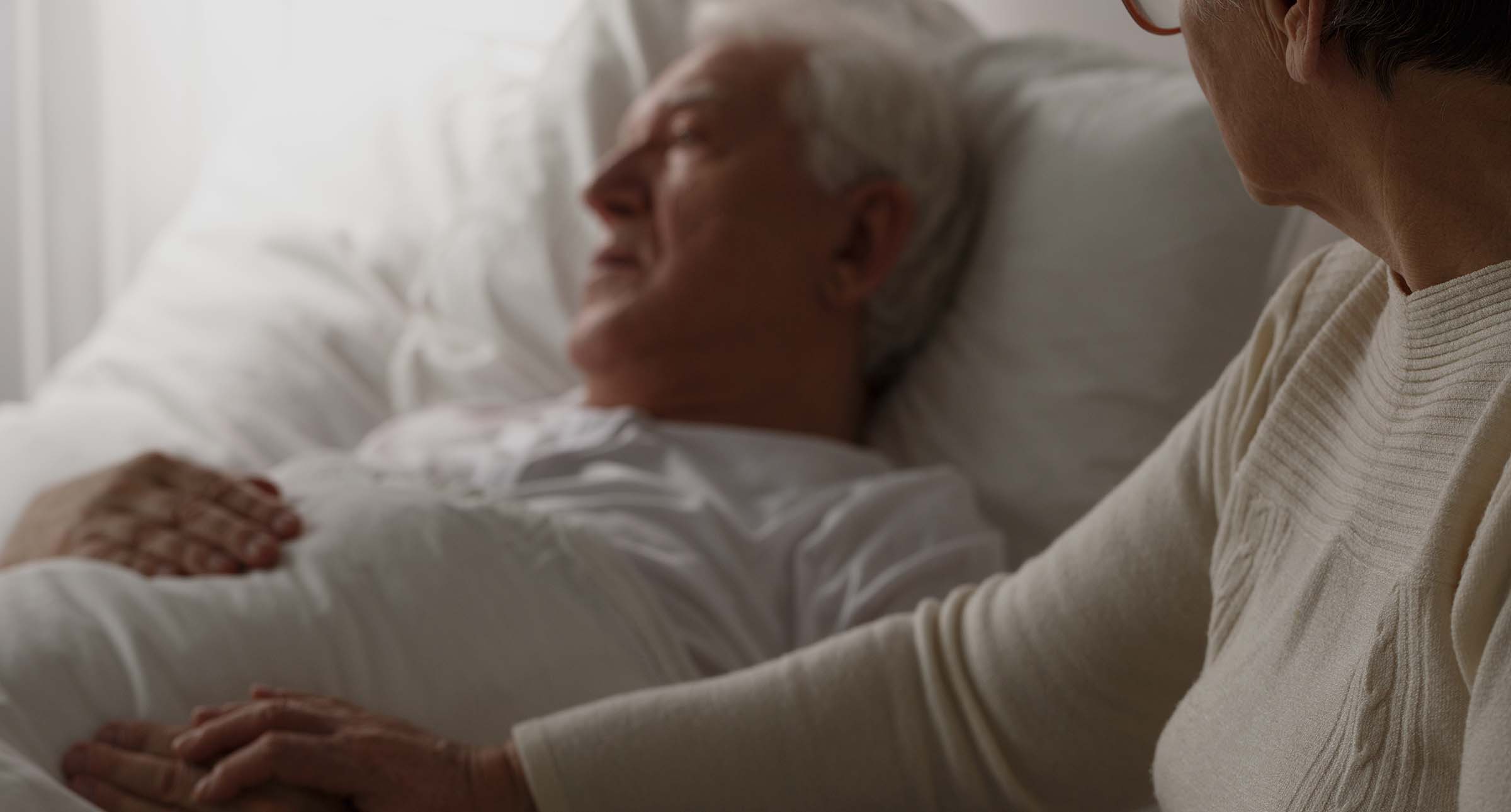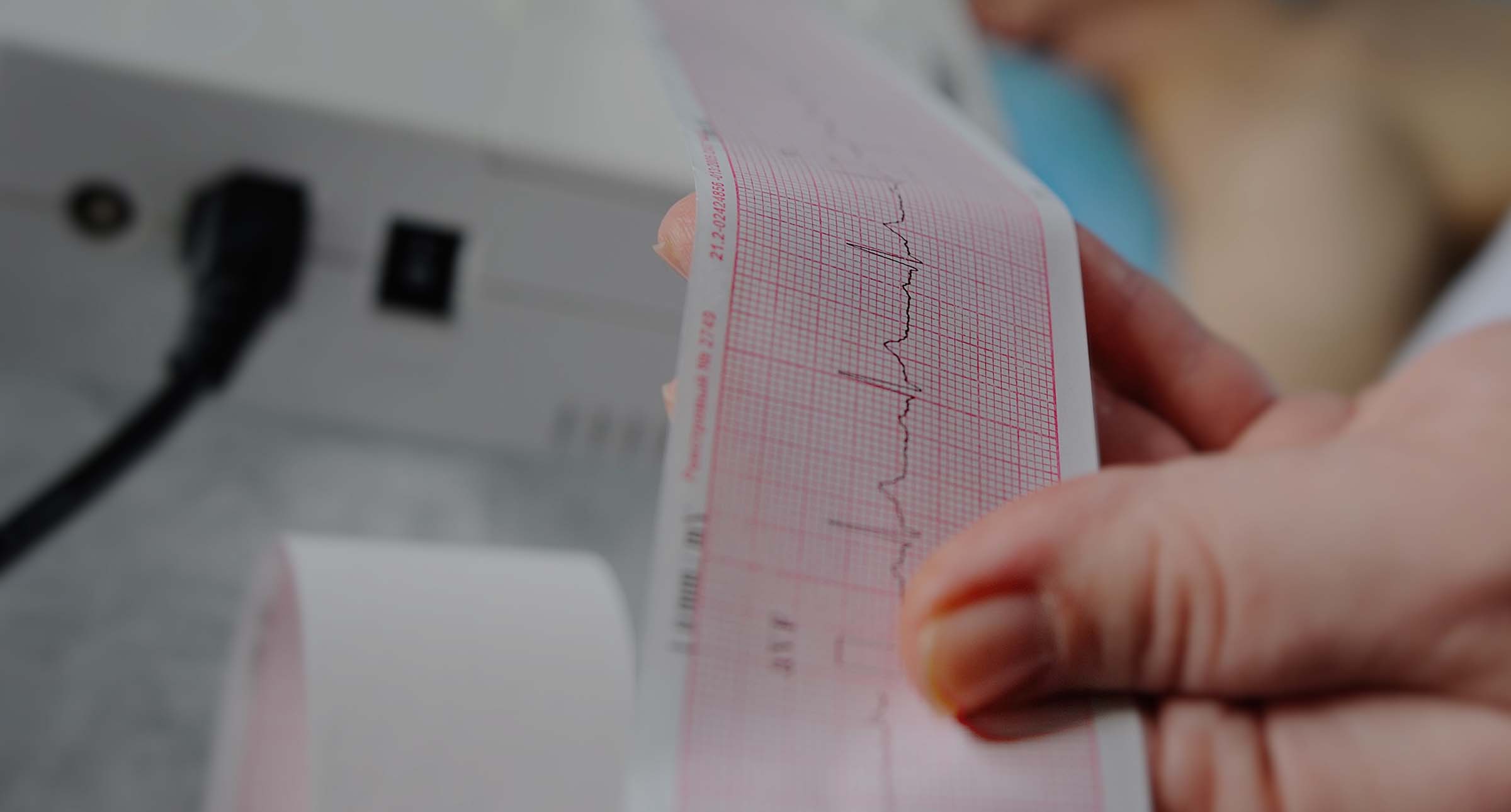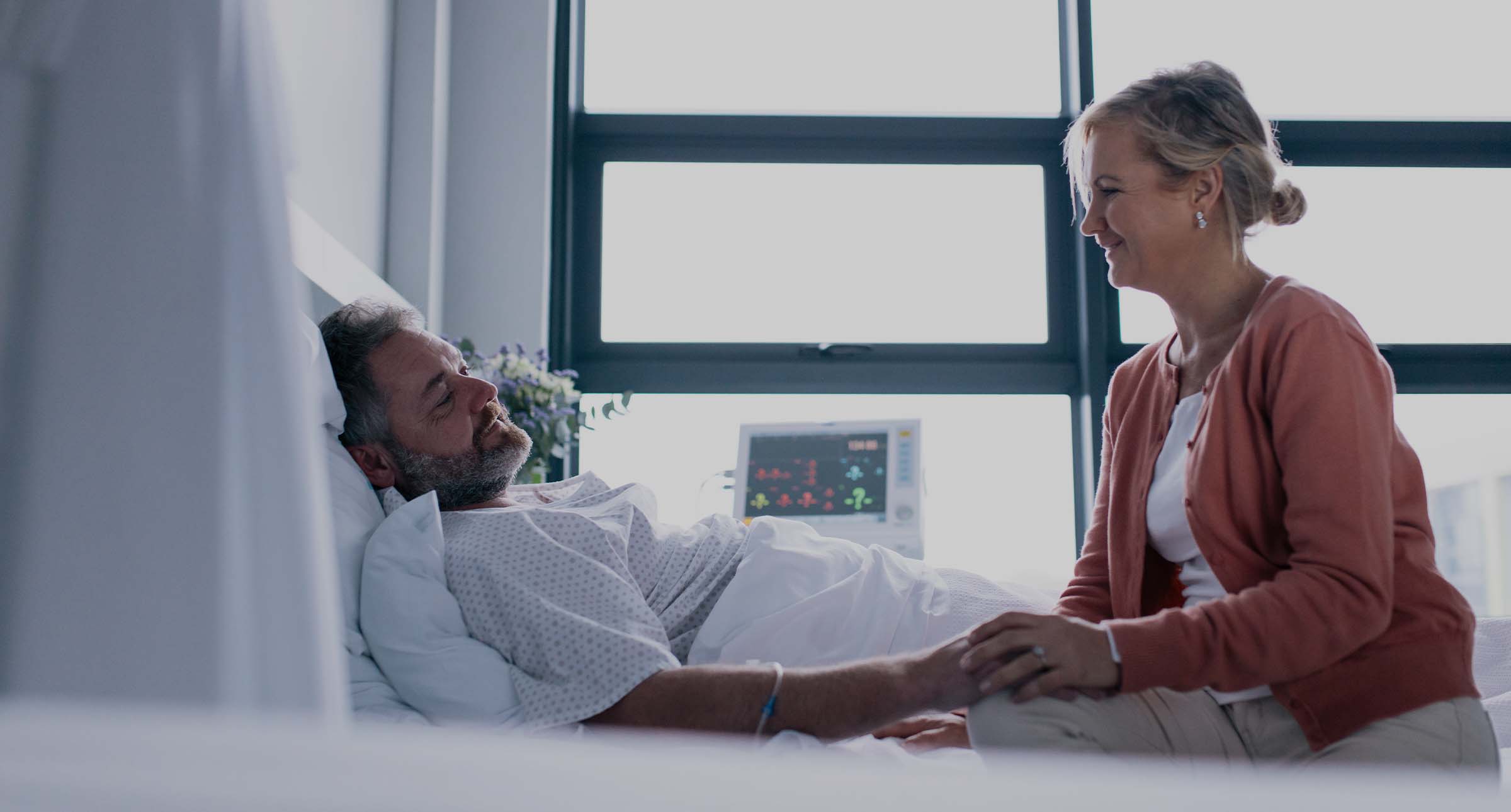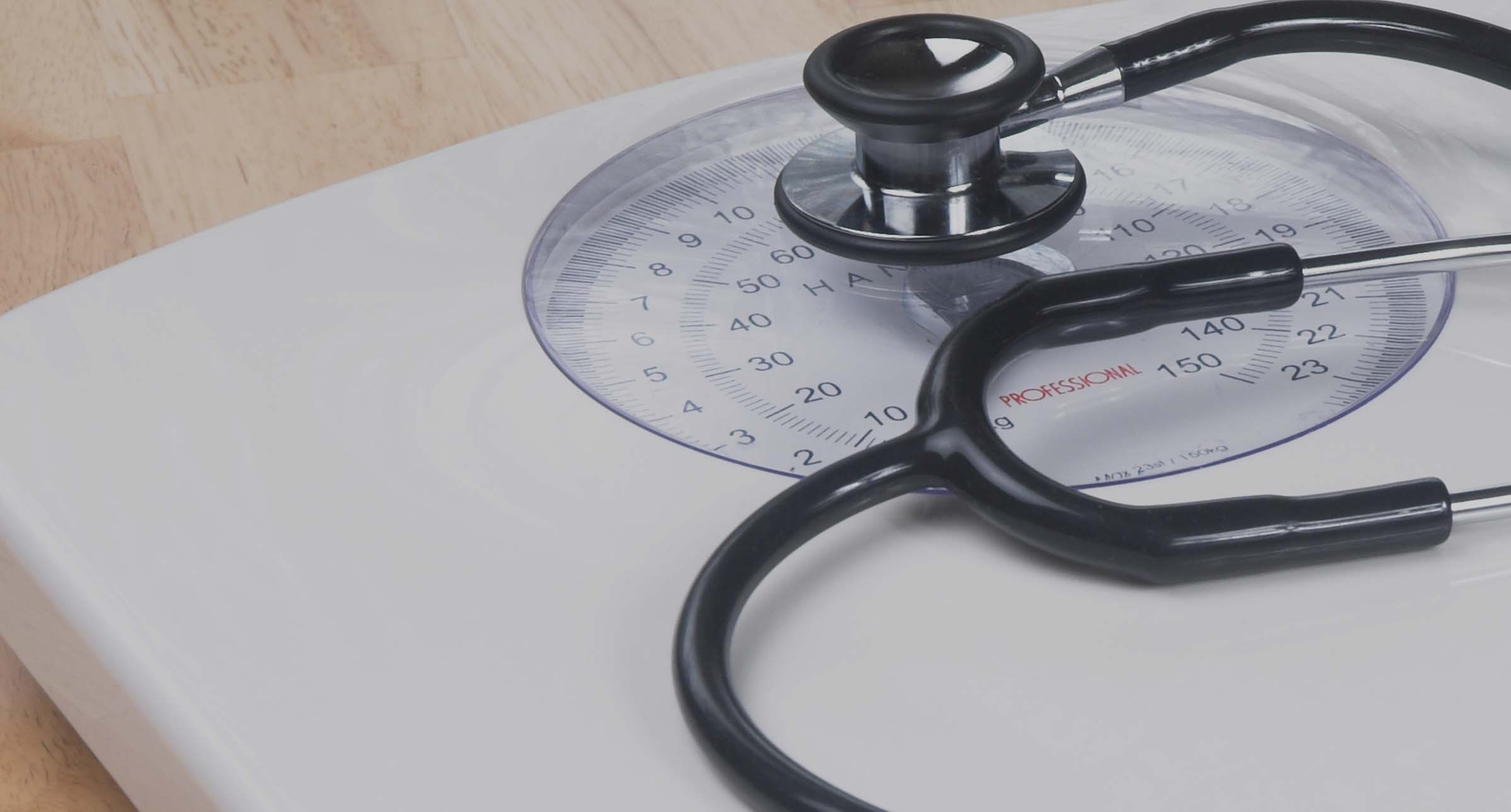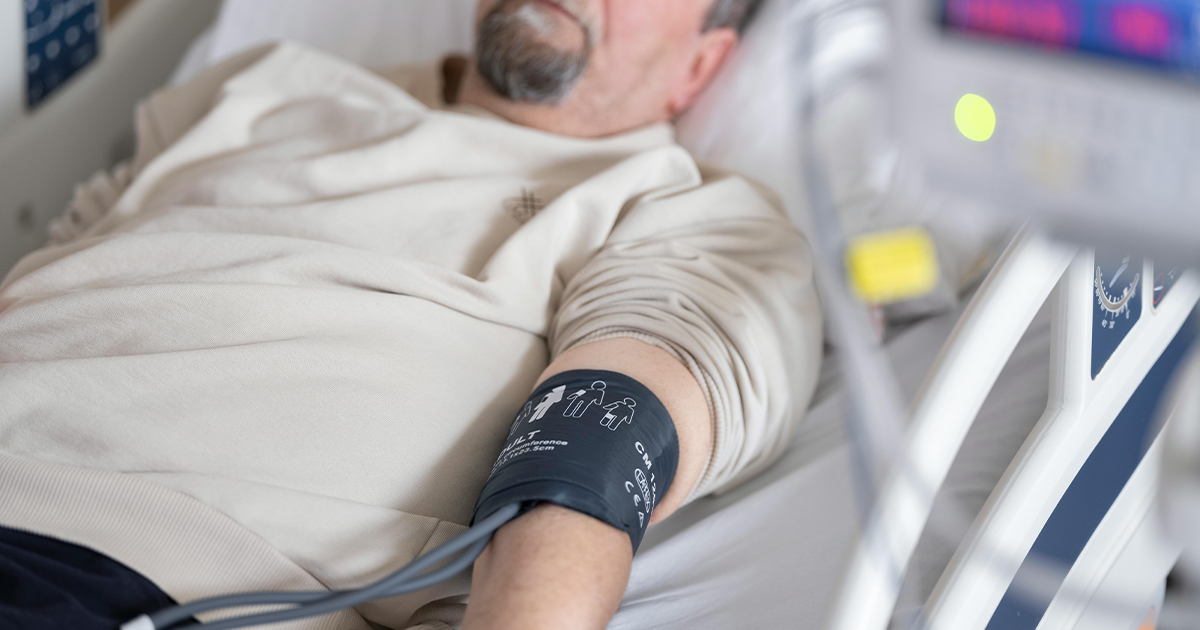Your guide to medical negligence claims.
We have the experience to help you understand claiming for medical negligence. And we’re here to help so please call on 0800 923 2080 to get in touch with our team.
The three steps of the medical negligence claim process
One way of answering the above question is to explain the three steps involved in every claim. Think of each step as a hurdle that has to be cleared in order for your claim to be successful. If your case falls at any of the hurdles, your claim will fail.
-
Determining liability
Your case has to show that there has been a breach of the defendant practitioners’ duty of care – i.e. their responsibility to keep you safe from harm as far as is reasonably possible – and that this has led to negligent medical treatment. Your lawyers, therefore, have to prove that a clinician or health professional has not exercised a reasonable standard of skill or care when treating you.
The standard of medical treatment has to be judged in the context of the area of medicine involved, and the time when you had treatment. The clinician must have done something, or failed to do something, that his or her colleagues would say showed that your treatment wasn’t up to a proper standard.
Of course, doctors and medical staff can get something wrong without being negligent. This really is a question for medical experts. So unless another medical professional says there has been negligence, you won’t be able to bring a claim.
Example: when a caesarean section is performed, sometimes an inadvertent injury to the bladder occurs (the bladder being in close proximity to the uterus). If the bladder is in an abnormal position (for example, high up over the uterus) it will not be judged negligent for the injury to have occurred. But, if the bladder is in a normal position and is cut during the caesarean section, an expert obstetrician is likely to support a claim for negligence.
-
Demonstrating ‘causation’
In order for your claim to be successful, you must also demonstrate ‘causation’. I.e. you must show that your injury or condition was caused by the negligent treatment.
The court won’t take into account any outcomes from your treatment that might have been expected, for example if the risks were made clear to you prior to treatment, or any pain and suffering that would unfortunately have been inevitable. You can only claim for extra pain and suffering if it was caused by the negligence. Medical experts will need to assess your situation.
Example: if you undergo spinal surgery to the lumbar spine (your lower back), it is likely that you already (pre-operatively) have an issue which is causing symptoms, perhaps including pain in the back and radiating into the legs (sciatica). If the surgery is done incorrectly, so that the nerves causing the sciatic pain are not properly decompressed, you will probably be able to recover damages for the failure to ease the pain in your legs.
However, you are likely to have been warned that the operation may not, even if successfully performed, relieve all of your back pain. It is unlikely therefore that you will be able to recover damages in respect of any ongoing back pain.
-
Calculating damages
In order to make a compensation claim for medical malpractice, you must be able to demonstrate that you’ve suffered losses.
The court, as part of its ruling, will calculate the amount of compensation you should receive for any injury caused by the negligent treatment. This is known as the value of your claim, and is what your opponent agrees to pay, or what the court decides if no agreement is possible.
This award (as covered below) is divided into general damages, the sum given for your pain and suffering and “loss of amenity” (the loss of ability to do the things you once enjoyed), and special damages – your actual quantifiable financial losses.
Special damages might include loss of earnings, both past and future, lost pension, the costs of care that you might need if you are severely injured, adaptations to your property to take account any loss of mobility, equipment, medical treatment and therapies, and any other financial losses which can be attributed to the negligence.
What you might receive for a medical negligence compensation claim
No two medical negligence cases are exactly the same. However, as mentioned above, there are guidelines for how much someone should receive as a result of a claim.
Therefore, depending on the severity of the case, you can be awarded anything from low thousands of pounds for minor complications such as those as a result of a misdiagnosed fracture, all the way to many millions of pounds for complex cases such as those involving serious birth injuries like cerebral palsy.
The best advice we can give though is to contact a specialist solicitor to discuss your claim, as no solicitor should speculate on the value of a claim until they have the full details of your specific circumstances.
Calculating the compensation award
As a result of a successful medical negligence claim, the claimant will be awarded damages. This financial compensation is made up of two parts:
-
General damages
This is compensation for your pain, suffering and effects on your day-to-day life. How much you receive will depend on the Judicial Studies Board Guidelines and past awards made in similar cases.
-
Special damages
These include funds for any financial losses, whether in the past or the future, that have happened as a result of the negligence suffered. In order for this to be calculated you’ll need to provide evidence and documentary proof to support any claim.
Interest will also be included in any award you receive.
Substantial awards, such as those for serious, life-changing complications to newborn babies, can be managed by a professional deputy through a trust. This can help to ensure that payments (usually ‘index-linked’, meaning they will change based upon inflation or cost of living changes) will last throughout the lifetime of the claimant.
The main funding options for medical negligence claims
There are four main options when it comes to funding a claim. We can help explain each one, and suggest which might be best for you.
-
No win no fee medical negligence
Also known as a Conditional Fee Agreement, no win no fee medical negligence is an excellent way of funding a claim. If you win, your opponent will pay our fees. There will be some items that you’ll have to pay for, which will be funded from your compensation. For instance, these will include the cost of the insurance we need to take out on your behalf, and any success fee that we charge. On the other hand, if you lose the case, you’ll not be charged. Most claimants fund their cases with a no win no fee medical negligence agreement nowadays.
-
Legal expenses insurance
You may already have legal expenses insurance. For instance, it could be part of your home and contents cover, or an extra benefit with your bank or credit card, or attached to another insurance policy. If so, it may well cover medical and dental negligence claims. We can help you take advantage of this cover if you have it – and won’t charge for liaising with your insurance company on your behalf.
-
Legal Aid
If you’re making a claim for a child who suffered brain injuries at or around the time of their birth, then you may be able to take advantage of Legal Aid. We can help you make an application for your child, and state funding will then be made available for you to pursue your claim. Only firms with accredited expertise like RWK Goodman can obtain Legal Aid in cases like this.
-
Private funding
Sometimes a no win no fee clinical negligence arrangement may be inappropriate for your case. If so, and if you don’t have legal expenses insurance and cannot access Legal Aid, then we may agree to carry out an initial investigation for you for a fixed fee. If our investigation is positive, we can then enter into a no win no fee clinical negligence agreement with you. From that point on, you won’t be charged any fee.
Your questions answered
If you need any further information, below are links to the most common questions we get asked. They will help you to help you understand everything you need to know about medical negligence claims:
-
Q. How do I make a complaint about medical negligence?
A. You can complain instead of taking legal action, or before doing so. You don’t normally need a solicitor to complain, you can do it on your own, simply by writing a letter, or your local Independent Complaints Advocacy Service (ICAS) can help. You can find out more about this at www.seap.org.uk/icas/
If you’re complaining to the NHS, you should do so within 12 months of treatment. The NHS will send you an acknowledgement within three working days, and let you know how and when they will give you a formal response. This should hopefully be within six months of your complaint.
If you aren’t happy with the outcome of your complaint you can ask for a review by the Parliamentary and Health Service Ombudsman. This can take a lot of time, with no guarantee that it will lead to a satisfactory conclusion.
-
Q. Can I obtain compensation through the NHS complaints procedure?
A. No. The NHS complaints procedure doesn’t currently award compensation. So if you’re looking for financial compensation, you’ll need to talk to a solicitor and make a claim through the court.
-
Q. Are there any time limits for a medical negligence claim?
A. You normally have to make a claim within three years of the date of the allegedly negligent medical treatment. This could be three years from the date you first became aware of anything following negligent treatment. If you don’t make a claim within three years, then any claim you do make is likely to be what is known as ‘statute-barred’, i.e. out of time.
Can I bring a claim after three years?
Sometimes there are exceptions – for example, for claims for children, who have until three years after their 18th birthday in which to bring a claim, or adults with mental difficulties, for whom there is no time limit.
Courts can extend time limits, but they don’t often do so. In other words, the sooner you start looking into making a claim the better.
There’s one final exception, which is when you may not know until much later that you’ve been injured. For instance, if there is a delay in diagnosing a medical condition, you won’t know about it until some considerable time after the harm was done. In this type of case, the three-year limit only comes into effect from when you found out about your injury.
One final point to note – three years can sound like a long time, but in terms of a compensation claim, you can soon run out of time. It’s best to seek advice as soon as possible.
-
Q. What evidence do you need for medical negligence?
A. You’ll need to prove two things: ‘Breach of duty’ and ‘Causation’.
Breach of duty is when you show that the treatment you received fell below a reasonable standard of care you would have expected to receive from a reasonably competent doctor in his or her field at the time of treatment. If the medical evidence showed that they acted in a way that was acceptable to most doctors in the same field, this will be a valid defence and your claim probably won’t succeed.
Causation is when you show that the failings in your medical treatment caused you to suffer an injury, and that you are entitled to compensation for those injuries.
-
Q. When will the hospital or doctor know about my claim?
A. When we first apply for a copy of your medical records, we’ll have to give the doctor or hospital some brief details about your claim.
-
Q. Will the negligence claim affect my medical treatment? Will I be struck off my doctor’s list?
A. Not at all. You won’t be struck off a list or asked to leave your GP’s surgery. If anything like this ever did happen, you should complain to the Primary Trust and the surgery. Make sure to enlist the help of ICAS so that the issue can be resolved as quickly as possible and you can carry on getting the treatment you need. You can find out more at www.seap.org.uk/icas/
-
Q. Will I get a fair hearing? Don’t all doctors close ranks?
A. If you have genuinely received poor treatment, then it is normally possible to find an independent expert in the relevant field who will say that, in their view, your care was sub-standard. Doctors understand that closing ranks simply brings their profession into disrepute. Expert witnesses are required to be impartial and have a duty to the court, rather than the party who instructs them. This means that it is possible to obtain a genuinely independent and impartial view.
-
Q. If I decide to take legal proceedings, how will I fund my claim?
A. There are three ways you can fund a claim. The most common one is when we enter into a ‘no win no fee’ agreement, which is also known as a Conditional Fee Agreement (CFA). Alternatively, you could be eligible for Legal Aid, or you might have a legal expenses insurance policy that you could use, even if you might know you have it.
The main thing to note is that if your case is viable, we can always find a way to fund it, and we will choose the way that best meets your needs. We’ll do everything we can to keep the costs down – people often finding that bringing a claim costs them nothing.
-
Q. How much compensation will I receive for a medical negligence claim?
A. This depends on your particular situation. Compensation is made up of two parts:
General damages
This is compensation for your pain, suffering and effects on your everyday life. The court will determine the amount by looking at the Judicial Studies Board Guidelines and the amounts awarded in recent similar cases.
Special damages
This includes things like any financial losses you’ve incurred or will incur in the future. You’ll need evidence and documentary proof to support any claims for special damages.
Before we can let you know how much you could receive, we’ll need to obtain a medical report. This will set out your injuries and give full details of the treatment and your long-term prognosis. We could also include a claim for loss of earnings or other income, travel expenses and other costs that we can show were caused by the medical accident.
Future loss
Depending on the seriousness of your injury, we may be able to pursue a claim for continuing future loss. For example, you may be unable to earn as much as you did before the accident, or need help with personal and household tasks.
All compensation must be proved to be a result of the alleged negligent medical treatment. If the link cannot be proved, then the court won’t award any damages. As the claimant, it is your responsibility to prove each and every aspect of your claim, including your entitlement to general and special damages.
-
Q. How will my compensation be paid to me?
A. Once your compensation has been agreed, we can give you advice on how best to fund your care. The court will decide whether the compensation should be paid in a lump sum or instalments, which are normally used if you need extensive long-term care.
Any compensation you receive after a successful medical negligence claim is designed to fund the extra levels of care and support you’ll need for your injuries. We can help you protect the real value of your compensation by placing it in a compensation protection trust. This means that you and/or your partner can continue to claim any means-tested benefits.
-
Q. How long does a medical negligence claim take?
A. It depends on a number of factors – for example, whether your opponent is denying there was a fault, whether you need further treatment, whether the case needs a medical expert, and whether the case needs to go to Court. Your solicitor will be able to let you know how long it should take.
The good news is that most simple cases should be dealt with within 18 to 24 months. Although complicated claims can take longer, it is very rare for any new case to take more than three years.
However, our team will do their utmost to process your claim as fast as possible, whilst still seeking maximum compensation for your injury. The infographic below explains how we do this:
-
Q. How do I choose a solicitor to handle my medical negligence claim?
A. In theory, you can choose any practising solicitor to handle a claim. However, in practice it is essential to make sure that they have expertise and experience in clinical negligence claims.
Ask your solicitor if they’re a member of a specialist panel, either the Law Society Clinical Negligence Accreditation Scheme or the Action against Medical Accidents (AvMA) Specialist Clinical Negligence Panel. If they’re not members themselves, they must be supervised by a panel member.
It may also be worth seeking out specialists in your particular area of claim, such as cerebral palsy claims or cauda equina claims.
-
Q. What can RWK Goodman offer me?
A. At RWK Goodman, we offer you a specialist clinical negligence advice service, with an initial free interview in person at our offices or at your home. We can also carry out the interview by email or telephone if that’s easier.
We have extensive experience across a wide range of medical negligence claims that we have built up over the past 30 years. Thanks to the calibre of our professionals, when we take out a case on your behalf, you can be sure that Law Society and Action against Medical Accidents (AvMA) panel members will be supervising every aspect of your claim.
Find out more about making a claim for medical negligence with us here
If you have any questions about a medical negligence claim then speak to our experts right now.


